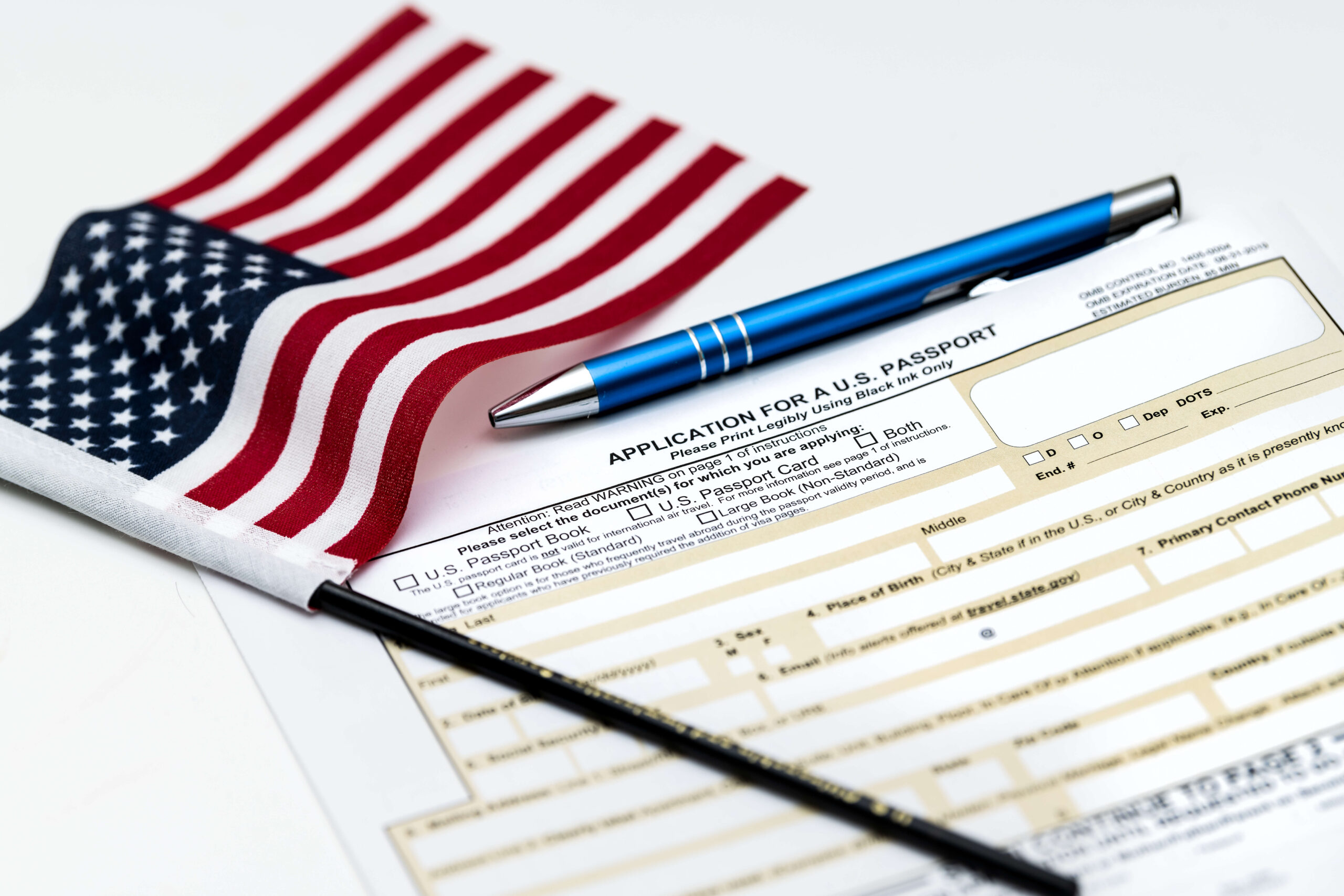The Trump administration’s public charge rule is on hold, at least temporarily. The Department of Homeland Security (DHS) and the Department of State each introduced a version of the rule. Both versions were scheduled for implementation on October 15, 2019, and would have established expansive new tests to be used by those agencies when determining if certain visa applicants were likely to become public charges—a determination that would generally make them inadmissible to the United States.
Despite the delay, employers may still want to take steps to prepare in case the rule goes into effect in the near future. Below is a rundown of the latest developments.
DHS – Public Charge Rule
What’s the latest?
Federal district judges in five states (New York, California, Washington, Illinois, and Maryland) recently issued injunctions blocking the implementation of DHS’s revised public charge rule. If implemented, the rule would not only have greatly expanded the types of public benefits to be considered toward the ground of inadmissibility, but also increased the discretion given to immigration officers when determining if an individual was “more likely than not” to become a public charge. At least one court also blocked U.S. Citizenship and Immigration Services (USCIS) from implementing a series of new and revised petition and application forms issued in furtherance of the rule. The forms would have required certain applicants to provide a substantial amount of personal information and documentation, including credit scores, evidence of health insurance, and/or school transcripts, to prove that they were not likely to become public charges.
What’s next?
For now, there is no change to the public charge test. USCIS officers will continue to follow the guidance provided by the former Immigration and Naturalization Service in 1999 that limits the public charge designation to individuals reliant on government-provided cash assistance or long-term care. Employers and foreign nationals may continue to use existing versions of forms and are not required to produce any additional documentation.
Litigation challenging DHS’s public charge rule will continue to play out in the courts, as there are still a number of lawsuits pending in additional jurisdictions. The Trump administration is likely to appeal the injunctions. Many expect that the Supreme Court of the United States will ultimately decide the public charge issue, as was the case with the travel ban.
State Department – Public Charge Rule
What’s the latest?
On October 11, 2019, the State Department published an interim final rule in the Federal Register formalizing changes to its public charge guidelines to align them with DHS’s revised public charge rule (discussed above). Among other things, the interim final rule adopted DHS’s definition of “public charge” as well as its expansive list of public benefits. The interim rule was scheduled to take effect on October 15, 2019, but an update on the State Department’s website appears to suggest that implementation of the interim rule has been postponed pending the approval of a new form. The State Department’s interim final rule is not subject to the injunctions entered against DHS and may be implemented at any time.
What’s next?
The status of the State Department’s interim rule is not clear. It is our understanding that it went into effect on October 15, 2019, as intended by the State Department, but consular officers will not begin to apply the new public charge test until the State Department has finalized its new form(s) and updated its process. The department has not indicated how long that will take or when it will begin implementing the new public charge standards.
Presidential Proclamation Requiring Health Insurance
What’s the latest?
With all of the attention focused on the public charge rule right now, it is easy to overlook the Trump administration’s new health insurance requirement. As of November 3, 2019, immigrant (i.e., permanent resident) visa applicants applying through a U.S. consulate will be required to prove that they will obtain approved health insurance within 30 days of entering the United States or that they can afford to pay for reasonably foreseeable medical expenses while they are in the United States. However, unlike the public charge rule, where health insurance is just one of a number of weighted factors immigration officers will consider, the presidential proclamation provides that lack of health insurance alone will result in the outright denial of an immigrant visa. The proclamation does not apply to nonimmigrant visas (e.g., work permits, visitor visas, etc.).
What’s next?
The State Department is expected to provide more detail about the new requirement in the coming weeks.
Ogletree Deakins’ Immigration Practice Group will continue to monitor developments with respect to the policy changes and will post updates on the Immigration blog as additional information becomes available.




